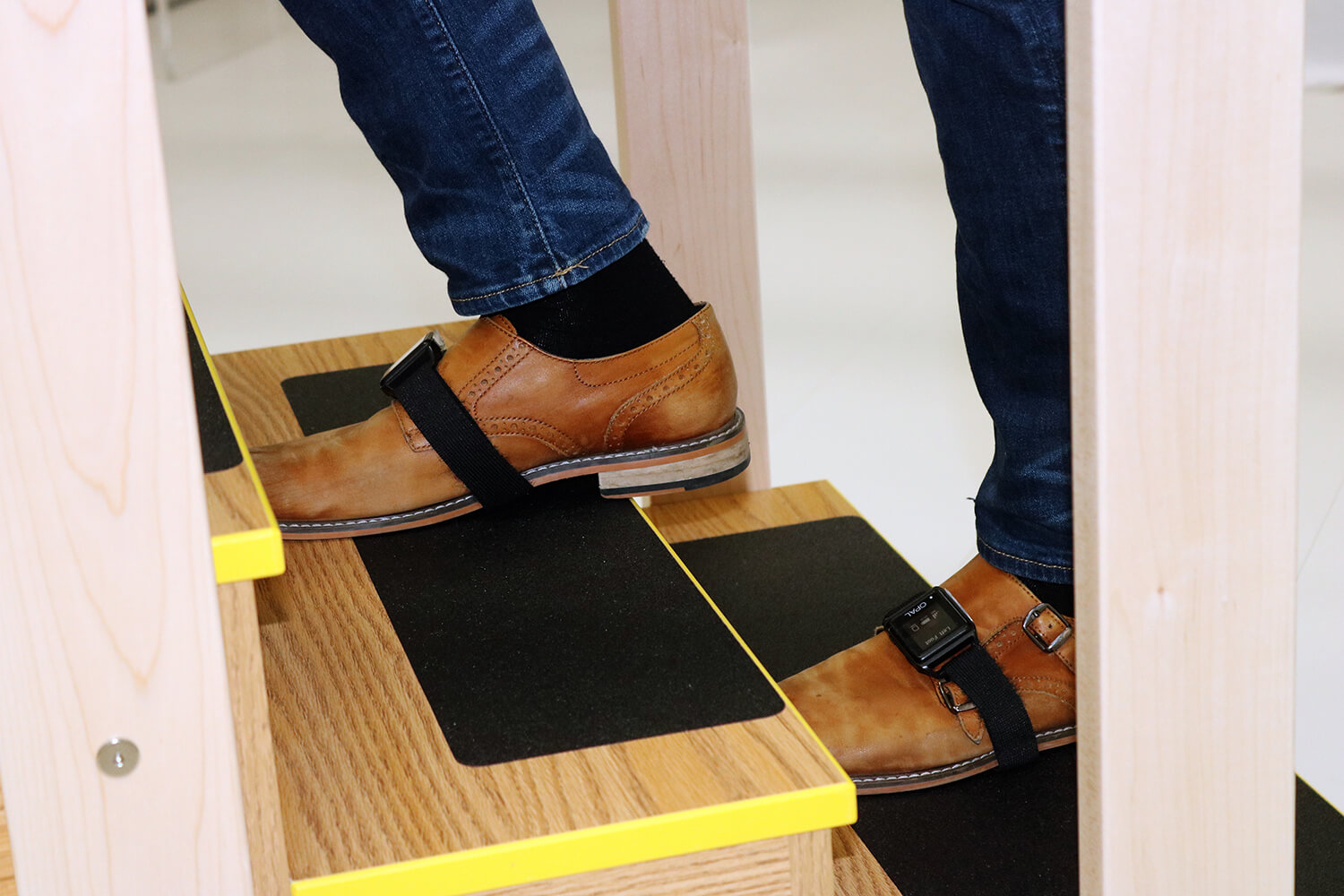Advances in Technology
The last decade saw tremendous advances in the development and adoption of digital technologies such as wearable devices. Utilization of these novel tools in health and fitness monitoring was initially limited to step count, flights of stairs climbed, and calories burned. More recently, researchers have expanded the use of digital data to measure sleep, heart rate, and EKG. These advances help us better understand health and human diseases in a wide range of areas. Collecting this kind of data is an important part of establishing a set of clinical characteristics and parameters across many conditions including cancer care, mental health, heart disease, sleep, respiratory diseases, and metabolism.
The Power to Change
Traditional clinical measurements are episodic, captured intermittently and limited to certain research settings such as a hospital while under direct observation by a physician or clinician. Portable, non-invasive wearable sensors and home monitoring devices, such as those being evaluated in the PfIRe Lab, have the power to change clinical trials by providing a more accurate representation of activity, physical function, and quality of life. Digital measurements can be captured more frequently, without interruption to daily life, and could reveal new information about diseases and response to therapy.
Pfizer is at the Forefront of Digital Medicine
Pfizer’s Digital Medicine & Translational Imaging Team recently unveiled an industry-leading facility in Cambridge, Massachusetts, designed to rapidly evaluate and validate novel technologies for potential use in clinical trials. In the PfIRe Lab, a multidisciplinary team of clinicians and researchers utilize state-of-the-art motion capture technologies, coupled with environmental and wearable sensors to develop new patient-centric clinical trial endpoints, enabling measures of physical function and activity outside of the traditional hospital and clinical settings.
“Digital medicine will one day simply become ‘Medicine;’ we are motivated and dedicated to empowering and improving the lives of patients through new technologies.”
Xuemei Cai, MD

